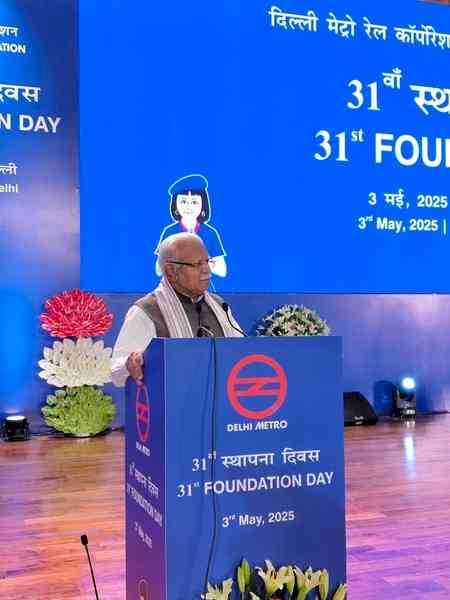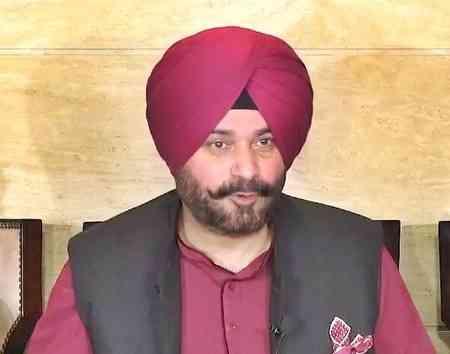Rs 2 lakh crore for education, employment a game changer for India's growth: Ronnie Screwvala
Hailing the Union Budget 2024-2025, serial investor and entrepreneur Ronnie Screwvala said on Saturday that allocating Rs 2 lakh crore for education and employment is a game changer for the overall growth of the country.

New Delhi, July 27 (IANS) Hailing the Union Budget 2024-2025, serial investor and entrepreneur Ronnie Screwvala said on Saturday that allocating Rs 2 lakh crore for education and employment is a game changer for the overall growth of the country.
Furthermore, the Budget has allocated Rs 1.48 lakh crore specifically for education, employment, and skilling, underscoring the government's commitment to these vital areas.
Screwvala lauded the focus on employment and skilling and making the micro, small and medium enterprises (MSMEs) sector thrive for economic growth and creating 100 million jobs over the next decade.
According to the government, the new Budget initiatives are poised to stimulate the MSME sector, enhance the employability of the workforce, and provide much-needed support to the middle class, ultimately driving inclusive growth and sustainable development for the nation.
“With skilling comes innovation that will lead us to be a creator economy vs a replicator or outsourcing economy. Intellectual Property creation is the wealth of any nation and economy,” he said.
“Budget spends are on the right priorities with Defence, rural, education and agriculture in the top five. This is the right way to unlock India’s demographic dividend,” added Screwvala, co-founder and Chairman of edtech platform upGrad.
Internships and empowering women take the budget to the core of what will make India shine.
On long-term capital gains (LTCG) tax, the entrepreneur said India is one of the lowest capital gains tax countries.
Under the new tax rules, stock investing will attract a 12.5 per cent LTCG (previously 10 per cent) and 20 per cent Short-Term Capital Gains tax (previously 15 per cent).
India’s capital gains tax remains one of the lowest globally, excluding tax havens such as Hong Kong, Singapore and the UAE.
--IANS
na/rad


 IANS
IANS 









